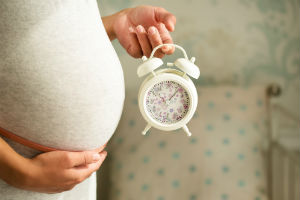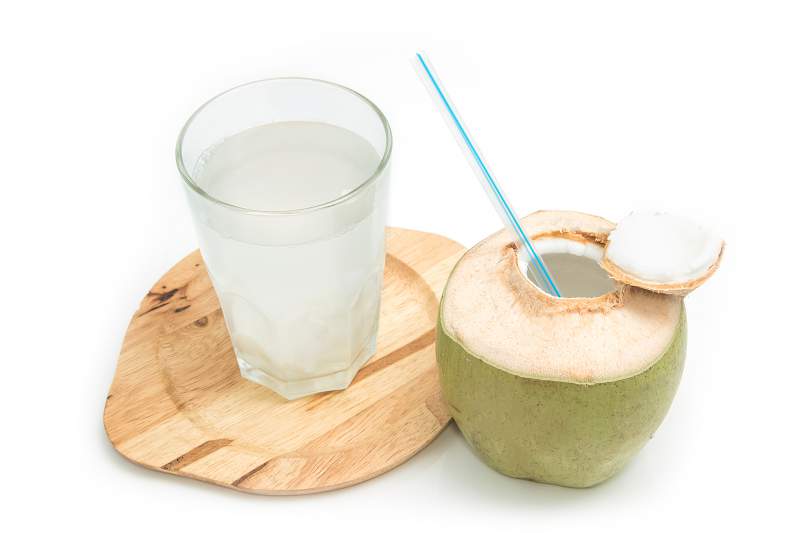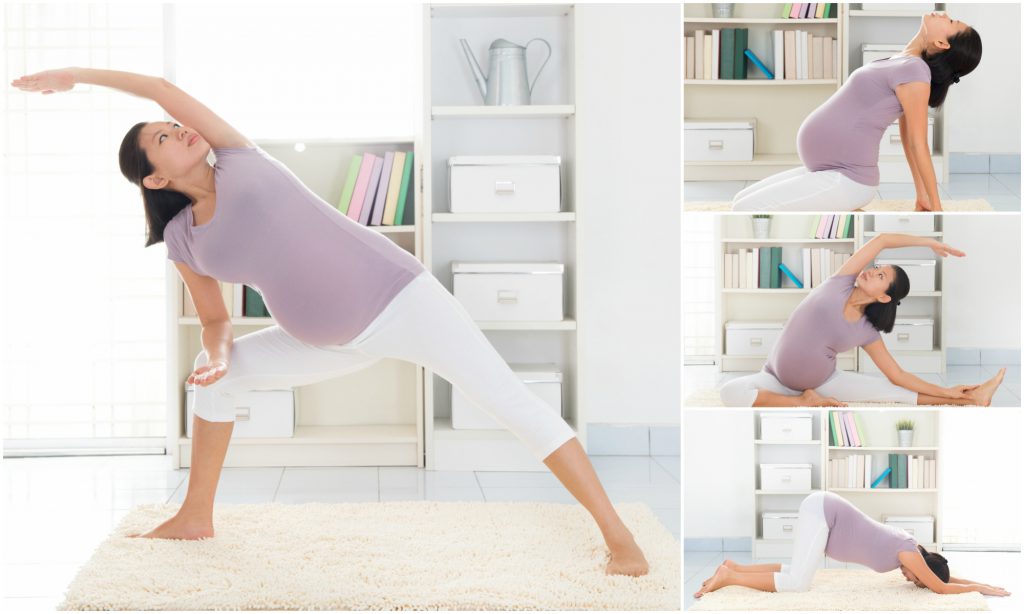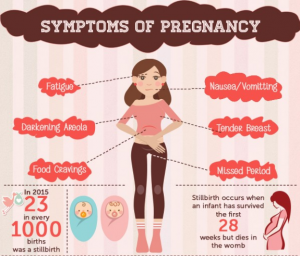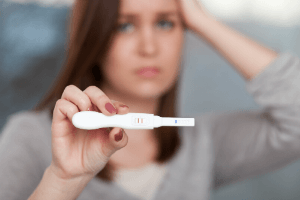7 Best Foods to Eat in First Trimester of Pregnancy
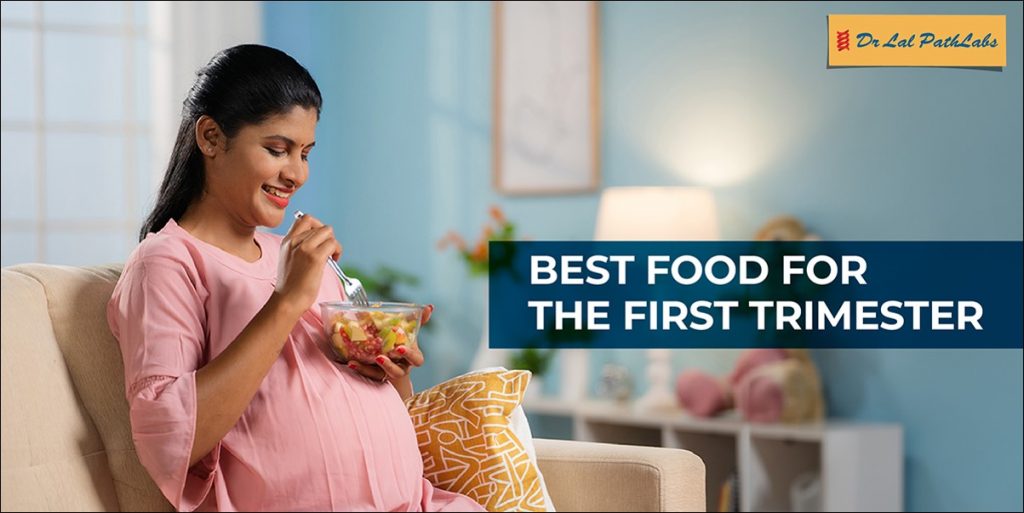
In the 1st trimester of pregnancy, there are hormonal changes in the body. These changes lead to loss of appetite and make consuming the usual amount of food difficult. It can also cause foods you once enjoyed greatly to taste sour. Safe to say, your relationship with food can get tricky to manage with such changes during the pregnancy.
However, the baby’s vital organs and systems are developed in the first trimester, and it is necessary to consume a proper diet during pregnancy for a healthy baby. This is the period when your baby needs more energy, so it is crucial to consume at least 2000 calories in a day or more to supply the required energy.
This blog will walk you through the 7 Best Foods to Eat in the First Trimester of Pregnancy.
Essential nutrients needed during the first trimester
A healthy and consistent diet is essential during the first trimester of pregnancy, but the quality and nutritional content of the food you consume also matter a lot.
There are certain nutrients which are needed for the development of a healthy baby, such as:
- Folic acid: Also known as Folate, Folic acid plays a vital role in forming the baby’s neural tube and prevents neural tube defects. The baby undergoes rapid cell growth and division during the first trimester. Folate supports this process and facilitates the healthy development and formation of the baby cells.
To get the 600 micrograms of folate per day, usually recommended for pregnant women, eat fruits such as bananas, oranges, and avocados. Legumes and leafy greens, such as spinach and kale, are also other great options rich in folic acid.
- Calcium: During the first trimester of pregnancy, your growing baby needs a constant supply of calcium for proper bone and teeth formation. If your diet lacks the required calcium, your baby will take calcium from your bones to fulfil its growth needs, which can later cause health issues for you. This is why you must consume enough calcium (1,000 milligrams per day) to meet the baby’s needs and your bone health.
Add dairy products such as yoghurt, egg, and milk as well as leafy greens and fortified foods to your diet in pregnancy to get the required calcium.
- Iron: Iron is needed to form blood and helps transfer oxygen to the developing baby’s organs and tissues. Prenatal vitamins, lean meat, and fish help to supply iron and reduce the risk of having anaemia.
- DHA: This is an omega-3 fatty acid in fish such as salmon and mackerel. It aids the development of the baby’s brain, vision, and nervous system function.
- Vitamin C: Vitamin C helps in the formation of collagen, which aids bone development. It also helps boost the baby’s immune system and lets you absorb iron. Vitamin C is majorly found in citrus fruit, which includes oranges, lemons, and lime. Other sources include berries and fortified foods.
7 Best foods for the first trimester
Below are examples of foods found in a rich pregnancy diet chart:
- Lean meat: Lean meat is an excellent source of good protein, which aids in the growth and development of the baby’s tissues, muscles, and organs. Lean meat also has good heme iron content, which can easily be absorbed into the body, and it has low saturated fats compared to other meats.
- Yoghurt: Yoghurt is a good source of calcium and protein. Many yoghurts also have beneficial bacteria that support digestion and reduce the rate of gastrointestinal issues during pregnancy. Always go for yoghurts with low fats to avoid excess sugar. If you have lactose intolerance, it is best to avoid taking yoghurts with bacterial benefits.
- Kale: Kale is a nutrient-packed leafy green vegetable. It is rich in folate content, fibre, iron, calcium, and vitamin C – all the nutrients critical for your baby’s health and development. Which is why it’s highly recommended for consumption by pregnant women.
- Fruits: Fruits such as mangoes, oranges, and bananas are good sources of essential vitamins and minerals such as vitamins A, C, potassium, and folate. Fruits such as papaya, plums, and pineapple also contain fibre content, which aids digestion.
- Legumes: Legumes, which include brown rice, beans, lentils, and peas, are highly nutritious, and rich in protein, folate, and fibre content.
- Whole grains: Brown rice and bread supply you with energy due to their carbohydrate content. Barley and oats contain dietary fibre, which prevents constipation and helps your digestive health.
- Ginger: Ginger is well known for its anti-nausea properties, and it can help to relieve you of the symptoms of morning sickness, which are nausea and vomiting.
The pregnancy period, especially the first trimester, demands that you eat good and quality food. Following a pregnancy die chart rich in vitamins, minerals, and protein helps support the baby’s growth and development.
Failure to consume a good amount of these nutrients can cause defects in the baby. A proper diet in pregnancy, which includes lean meat, dairy products, fruits, vegetables, legumes, and grains, can aid in the development of a healthy baby.






